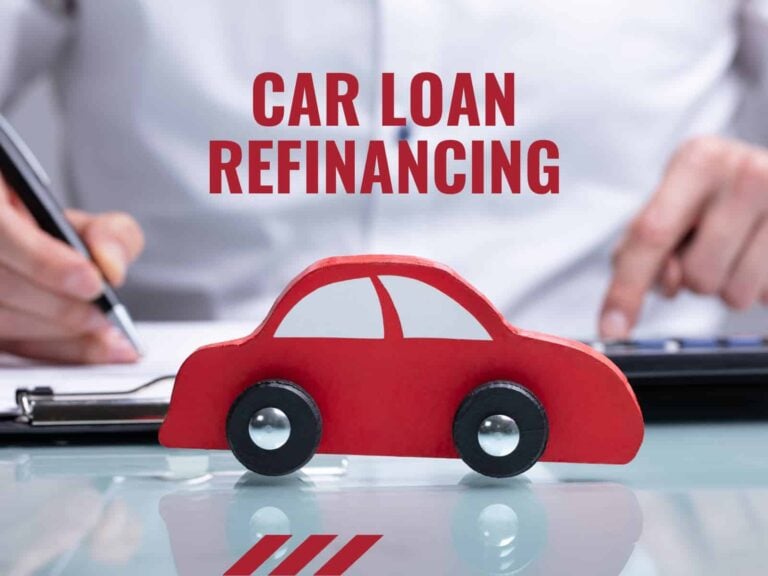New York Debt Relief

More New York State Economic Statistics
According to the Bureau of Labor Statistics, the unemployment rate for New York State stood at 4.8% as of October 2017, notably higher than the national unemployment rate of 4.1%. New Yorkers also carry more credit card debt than do most citizens of other states, checking in at an average level of $7,122 in credit card debt, compared with the national average of $5,700
More New York State Economic Statistics
Furthermore, home ownership within New York State is far less common than in the rest of the country, where 63% of all residents own a residence. However, New York State shows a home ownership rate of only 53% that is heavily weighed down by the abysmally low 31% home ownership rate of NY city residents. Given the state’s higher unemployment rate and credit card debt levels relative to the rest of the nation, it makes sense that the typical New Yorker’s credit profile is not quite as strong as that of the average United States citizen. Accordingly, despite a 2016 nationwide average FICO score of 699, the typical New Yorker’s FICO score came in a bit lower, at 680.
New York State Statute of Limitations on Debt Collection
Furthermore, when enough time passes in a situation in which consumer debts have gone unpaid, a debt collector can lose the legal right to sue for non-payment. In New York State, the statute of limitations for collecting on all debts is six years. This statute of limitations applies to all debts – written contracts, promissory notes, and open-ended accounts – including credit cards.
The clock on the six-year time period starts ticking from the “date of default,” which is typically thirty days after the last payment was actually made. However, it follows that if your unpaid debts remain unpaid and the full six years have yet to elapse, your creditors maintain legal right to sue you for non-payment and are permitted to engage debt collection agencies who can make persistent attempts at collection within the bounds of the New York State Debt Collection Procedures Law.
Debt Collection in New York State
If you’re a New York State resident and are feeling the pressure that comes with mounting debt levels, you have rights. Credit Card companies and other creditors are permitted to contact New York State residents directly regarding debts, particularly in a situation involving delinquent payments. However, creditors and debt collection agencies are required to comply with the New York State Debt Collection Procedures Law and are prohibited from taking certain actions.
These prohibited actions include informing employers about the debt or attempting to collect a fee in excess of any debt owed. Creditors and debt collection agencies are also prohibited from communicating in a manner that simulates a judicial process or gives the appearance of a governmental action, and they cannot threaten to take an action that they would not ordinarily undertake. Finally, creditors and debt collection agencies are prohibited from contacting debtors or debtor family members at unusual hours or with a frequency that may be reasonably construed under the law as harassment or abuse.


New York State Residents and Debt Settlement
If you are a resident of New York State and are currently burdened by high levels of unsecured debt – including credit card accounts, private student loans and unpaid medical bills – the process of pursuing debt settlement may make sense for you. Debt settlement occurs when a debtor successfully negotiates a payoff amount for less than the total balance owed on a debt. This lower amount is agreed to by the creditor or collection agency and is fully documented in writing. Ideally, this lower negotiated amount is paid off in one lump sum, but it can be paid off over time.
Though creditors are under no legal obligation to accept debt settlement offers, negotiating and paying lower amounts to settle debts is far more common than many people may realize. Decide whether you possess the background, wherewithal and fortitude to negotiate directly with creditors yourself, or whether engaging the services of an experienced and reputable debt settlement company will serve your needs best. Remember, the goal is to save the most money and time while minimizing any damage to your credit profile as best as possible.
A reputable debt settlement company will provide a realistic estimate and time frame for making offers to creditors that can ultimately result in settlements that save you significant amounts of money. At United Settlement, our experienced credit counselors possess relationships with the major credit card lenders, along with an understanding of the marketplace, that can help you navigate these waters effectively.
Debt Resources & Additional Reading
New York Debt Settlement FAQ
Additional Related Insights & Articles
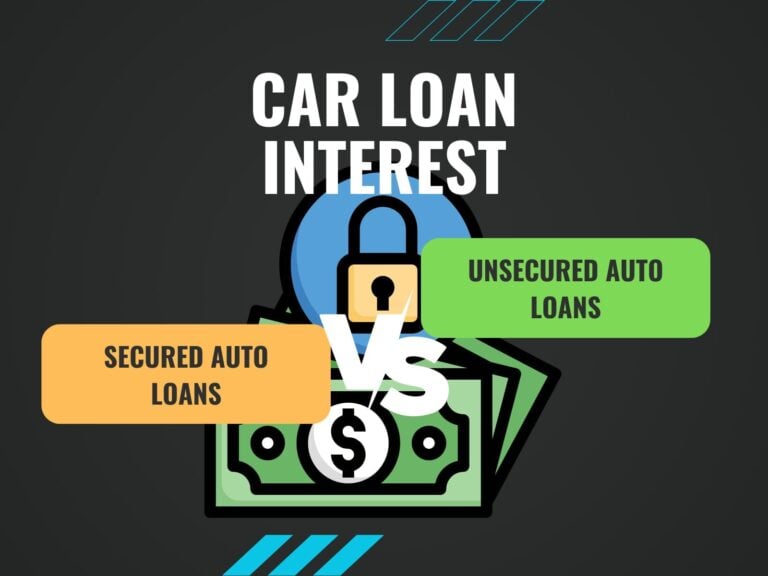
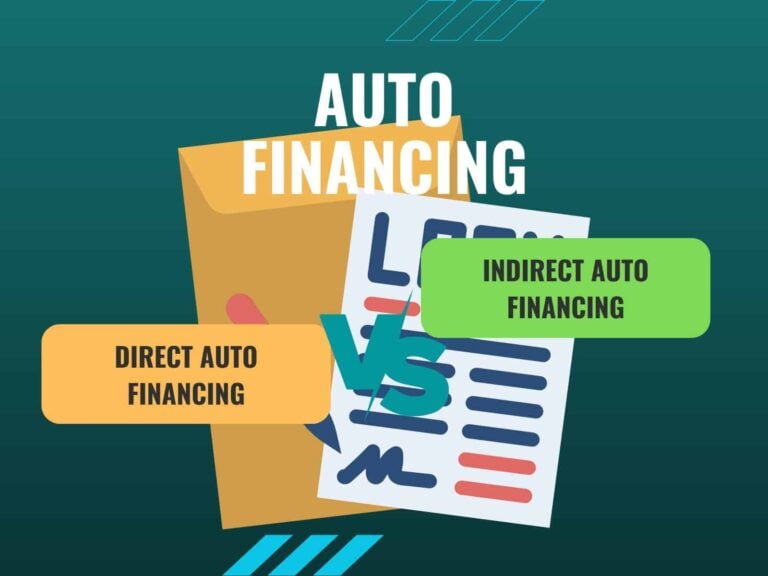
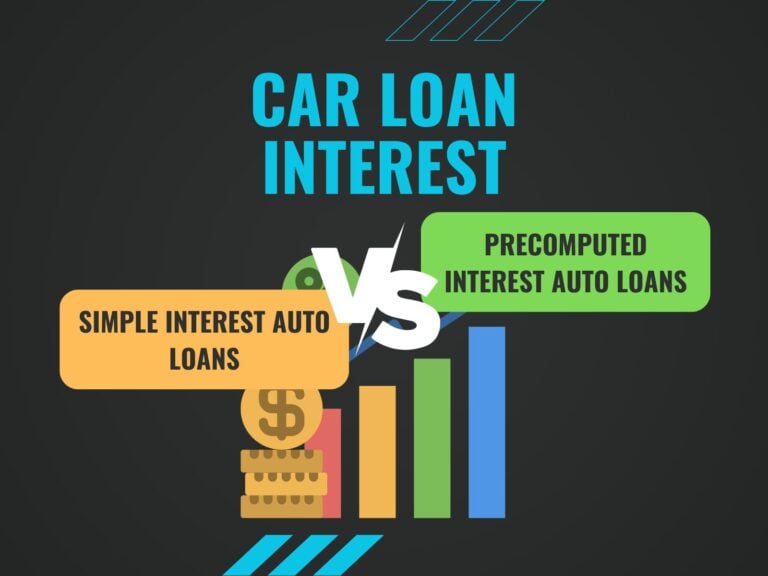
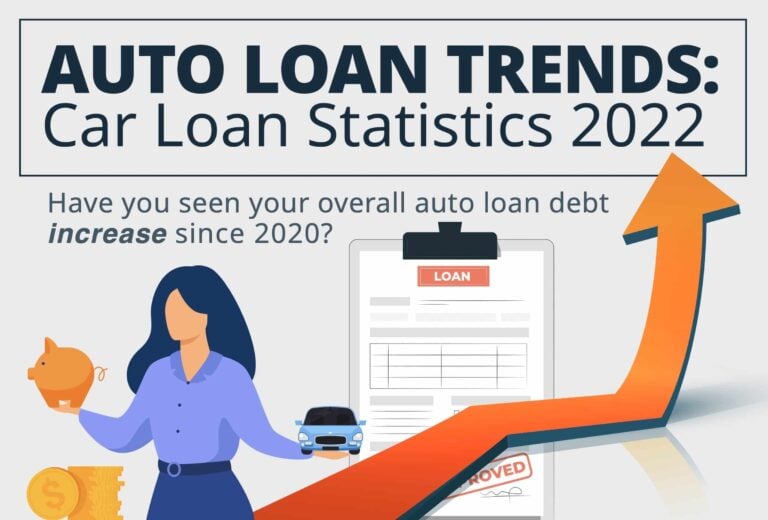


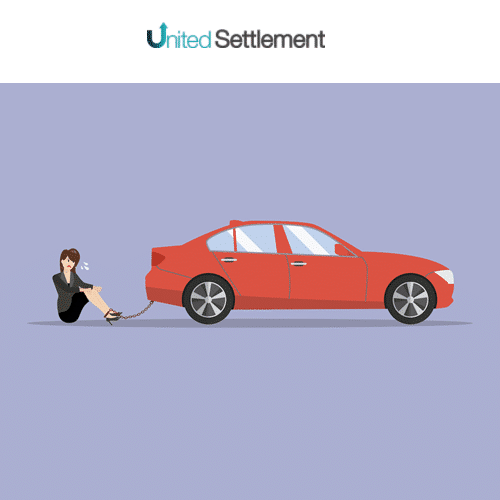
Debt Relief Reviews

Ready To Get Started?
See if you qualify for debt relief. Get a Free savings estimate to see how quickly you can be debt free.
Embrace financial freedom with our tailored solutions, expert guidance, and unwavering commitment to your success.
Experienced Professionals
Our experienced team has helped thousands of clients successfully eliminate debt and regain financial freedom.
Customized Solutions
We know every financial situation is different, so we design personalized debt relief plans to fit your specific needs and goals.
High Success Rate
Our proven debt relief strategies deliver real results. With a strong track record of success, we help clients achieve lasting financial stability.
Confidential Consultation
Your privacy is our priority. All debt relief consultations are 100% confidential and handled with the highest level of discretion.


